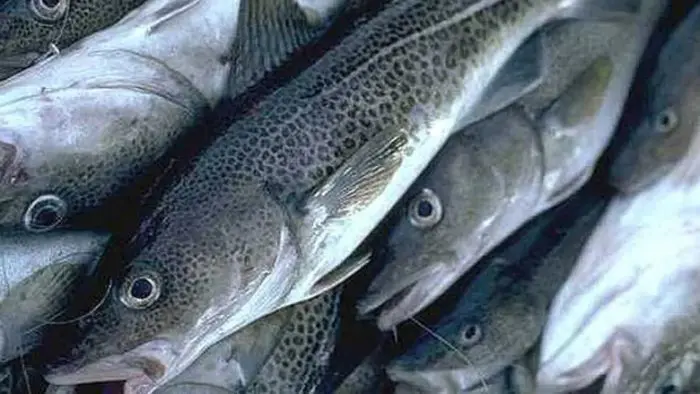23 December 2022
Over the course of this year’s negotiations there has been a persistent drumbeat from Blue Marine about the failures of fisheries mismanagement in general and cod in particular, It is a very selective and often plain wrong narrative that in many ways is self-serving. Without a catastrophe to report on, what is the point of Blue Marine?
In fact, it is not true to claim, as Charles Clover did recently on the BBC, that the UK/Norway and the EU have set quotas at unsustainable levels, and that quotas are never set below scientific advice. In the case of North Sea haddock, a scientific recommendation to increase the quota by 160% was limited to a 30% increase to protect cod stocks because there is a recognised species interaction. For North Sea whiting, an even more precautionary approach was followed. The scientific advice for a 240% increase was also limited to only 30%. Similar precautionary restraint was in evidence on some Celtic Sea stocks, although most were set exactly in line with the ICES headline advice.
This year’s negotiations were notable for the number of stocks pointed in an upwards direction. This can’t always be the case because there is natural variation in the young coming into the fishery each year and that is governed largely by environmental factors.
So, it is just untrue to say that quotas are increased when the stocks go up but not when they go down. But the big picture is of stocks steadily moving in the right direction, always accepting that there will be some statistical outliers.
It is true to say that the other cod stocks in UK water are at a low ebb but two points, ignored by Blue Marine are salient. There are no directed (targeted) fisheries on these stocks, and so fishing pressure on them is very low. Quotas are set at the lowest possible level consistent with unavoidable bycatch in other important fisheries.
The second point is that the science suggests that there is a distributional shift under way, probably related to changing water temperatures. Cod in the North Sea is moving northwards by 12 km per year. What is the appropriate management response as cod moves out of southern waters and become abundant in northern waters? That is a genuine debate that the fishing industry, fisheries scientists and fisheries managers need to have in the New Year.
Without a catastrophe narrative, NGOs like Blue Marine would find it more difficult to obtain funding. They are wealthy and well-connected and wrong.
Since we right-sized our fleets around the turn of the century through decommissioning, fish stocks across the North-East Atlantic have not just recovered from the mismanagement of the 1980s and 1990s but in some stocks – like North Sea haddock and plaice and western hake, the biomass in higher than ever seen in the historic record.
That is not a story of mismanaged decline, but it is an inconvenient truth for the Johnny-come-latelys who pine for the bad old days when their existence might have been justified.

